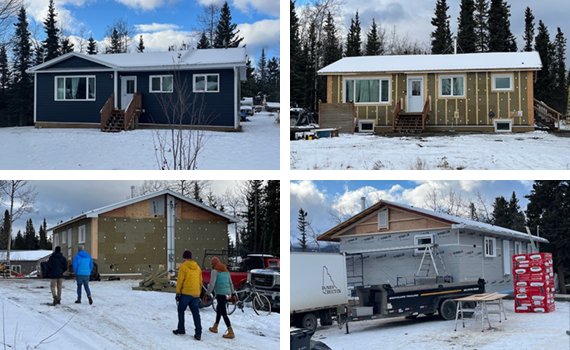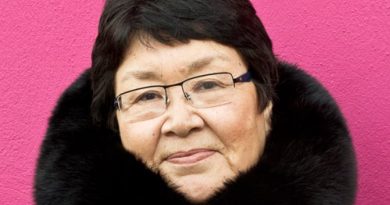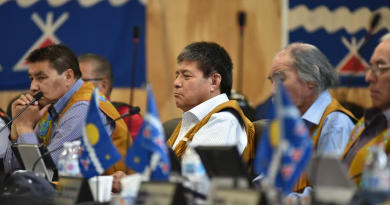Research project explores rapid retrofits to tackle northern housing challenges

Weather, distance, and a short building season are just some of the construction challenges faced in Canada’s Northern territories. But a new National Research Council of Canada project is exploring retrofitting as a way to improve energy efficiency and living conditions in homes, offering a potential solution to these ongoing issues.
No one from the National Research Council was immediately available for comment on Thursday, but a news release from the council said the focus on energy efficiency will allow the team to understand of how these changes might affect air quality in Northern homes.
“The work will help us identify how boosting a home’s energy efficiency affects indoor air quality,” Boualem Ouazia, senior research officer at the NRC’s Construction Research Centre, said.
Looking for ways to speed up improvements on older housing
A 2016 Yukon housing census found that 22 per cent of homes in the territory were built in the 1970s, and that there continues to be a shortage of modern housing.
The research team said these conditions made Yukon an ideal place to tackle improving homes through retrofitting.
Next, the researchers team will do tests on six homes in the Champagne and Aishihik First Nations. There, the air quality will be monitored before and after the retrofitting process, providing important data on energy-efficient upgrades and how the impact ventilation and air quality.
“The approach we devised is key to ensuring long-lasting quality and healthy homes while also completing retrofits in a short time,” Ouazia said.
Prefabrication as a tool to speed up process
Earthrise Building Services, a Whitehorse-based company working with the NRC, said that after speaking with local community members and 10 organizations in Yukon, they’re exploring the use of prefabricated panels to speed up the retrofit process.
“We walked away with a really cool concept that we hope to implement this summer,” Matthew Ooms, CEO of Earthrise, said.
The research is still in its early stages, but those involved in the project say they hope the data gathered in Yukon will help improve retrofitting efforts in other Northern and remote communities.
“That’s the exciting part for me—new knowledge being developed along with a mechanism to apply it on the ground to make a difference in people’s homes and lives,” Ooms said.
By the time the project wraps up in 2027, the team hopes to have a better idea of how to do energy-efficient retrofits rapidly as well as have a shared database to help builders, homeowners, and others use the lessons learned from the project.
“There’s real potential to create something that brings the ecosystem together,” Ooms said.
Comments, tips or story ideas? Contact Eilís at eilis.quinn(at)cbc.ca
Related stories from around the North:
Canada: Lack of housing for builders delays construction of new daycare in Sanirajak, Nunavut



